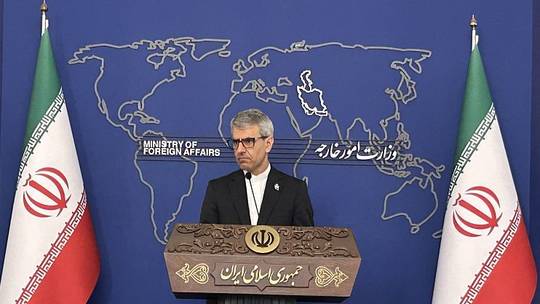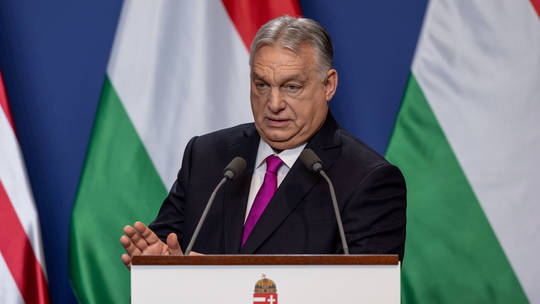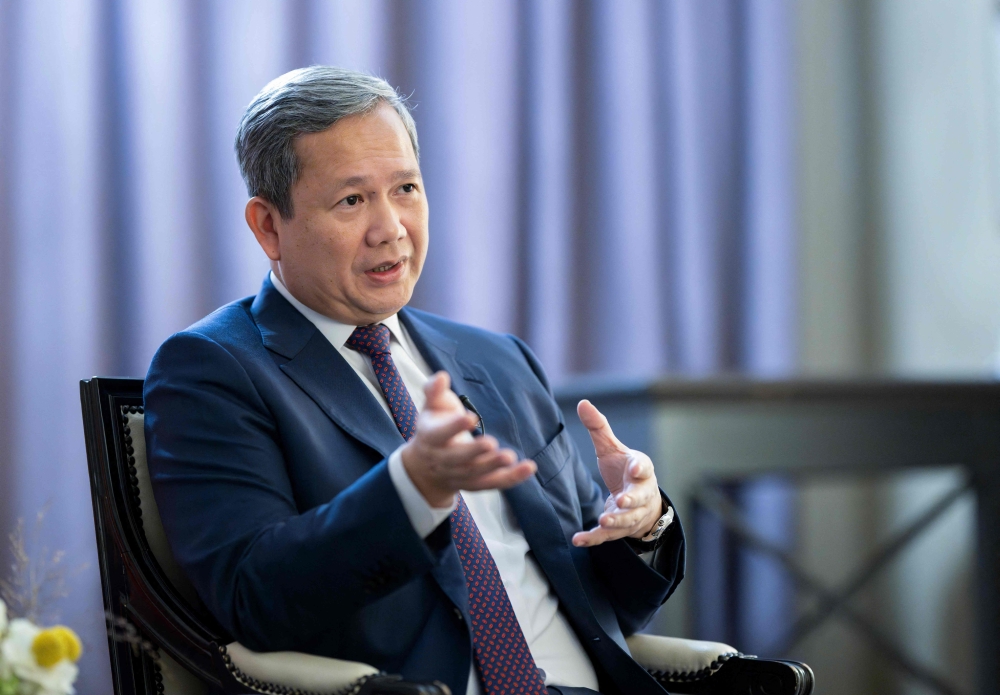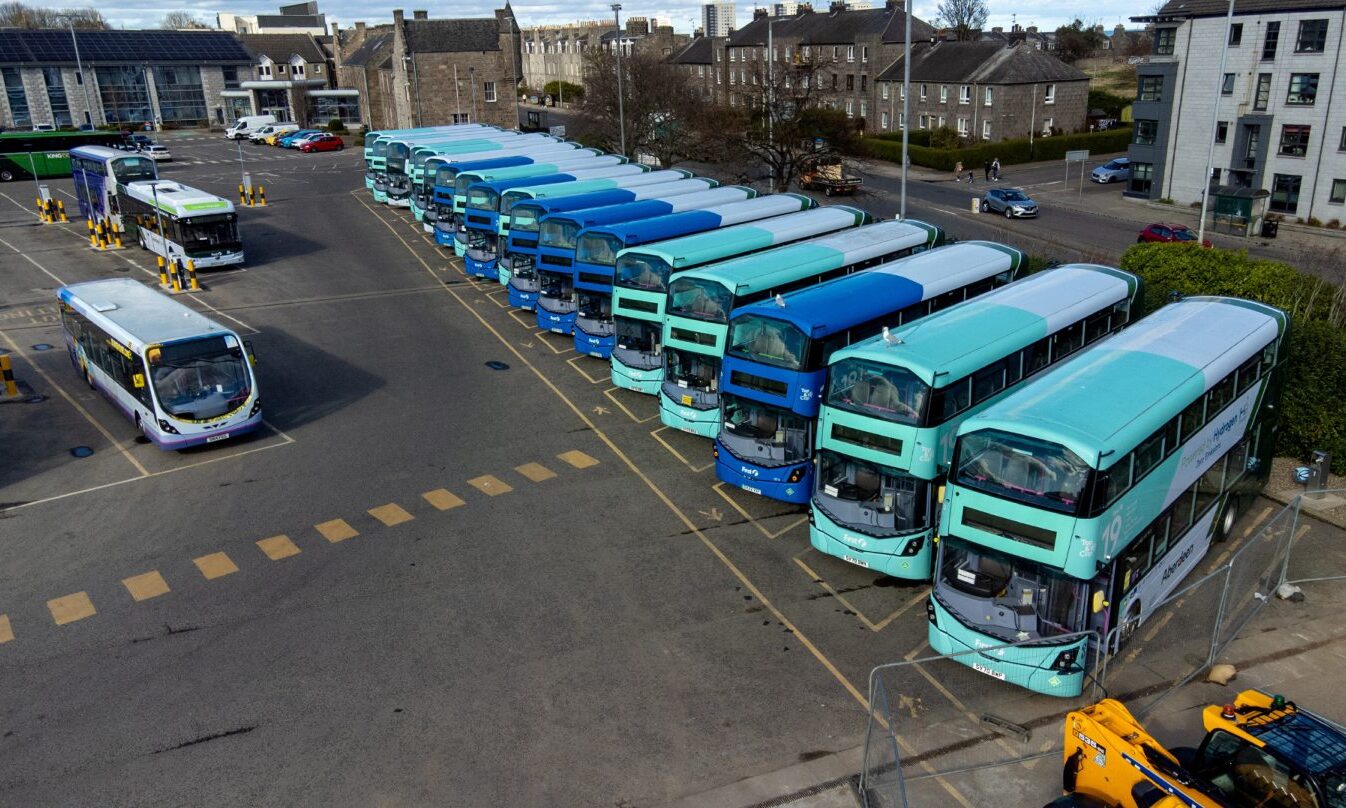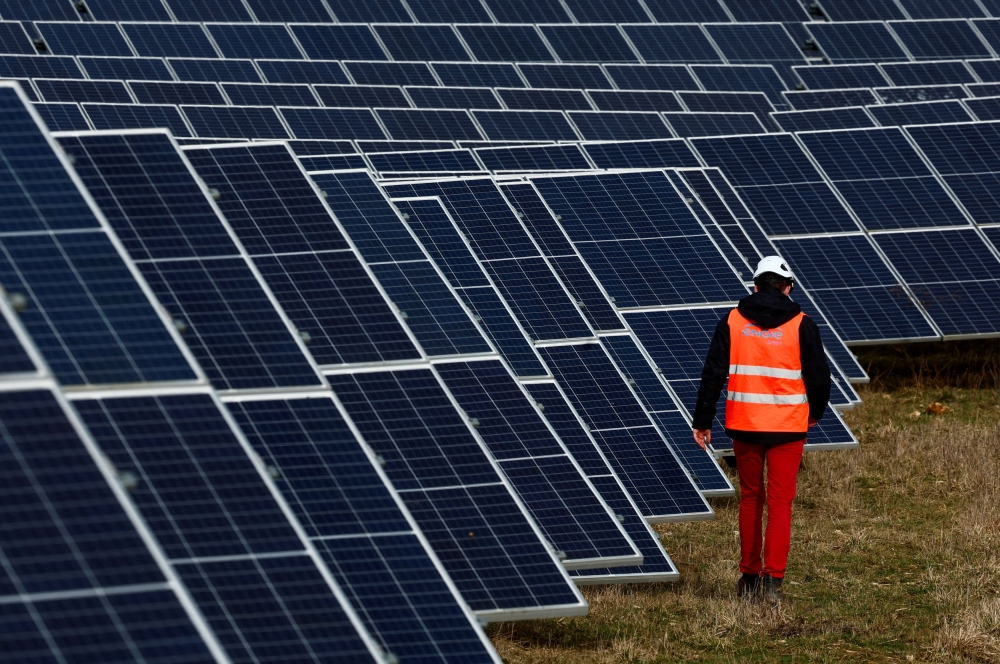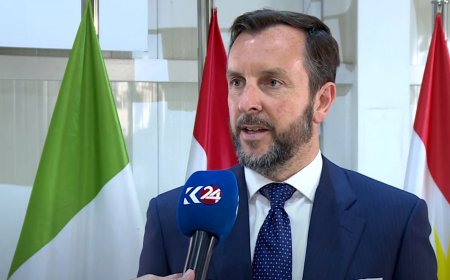‘My kids are too scared to go outside’: Kurdish migrants face hostility as Japan wrestles with demographic crisis
Antagonism toward migrant communities visible in the UK, Europe and the US appears to be spreading to Japan
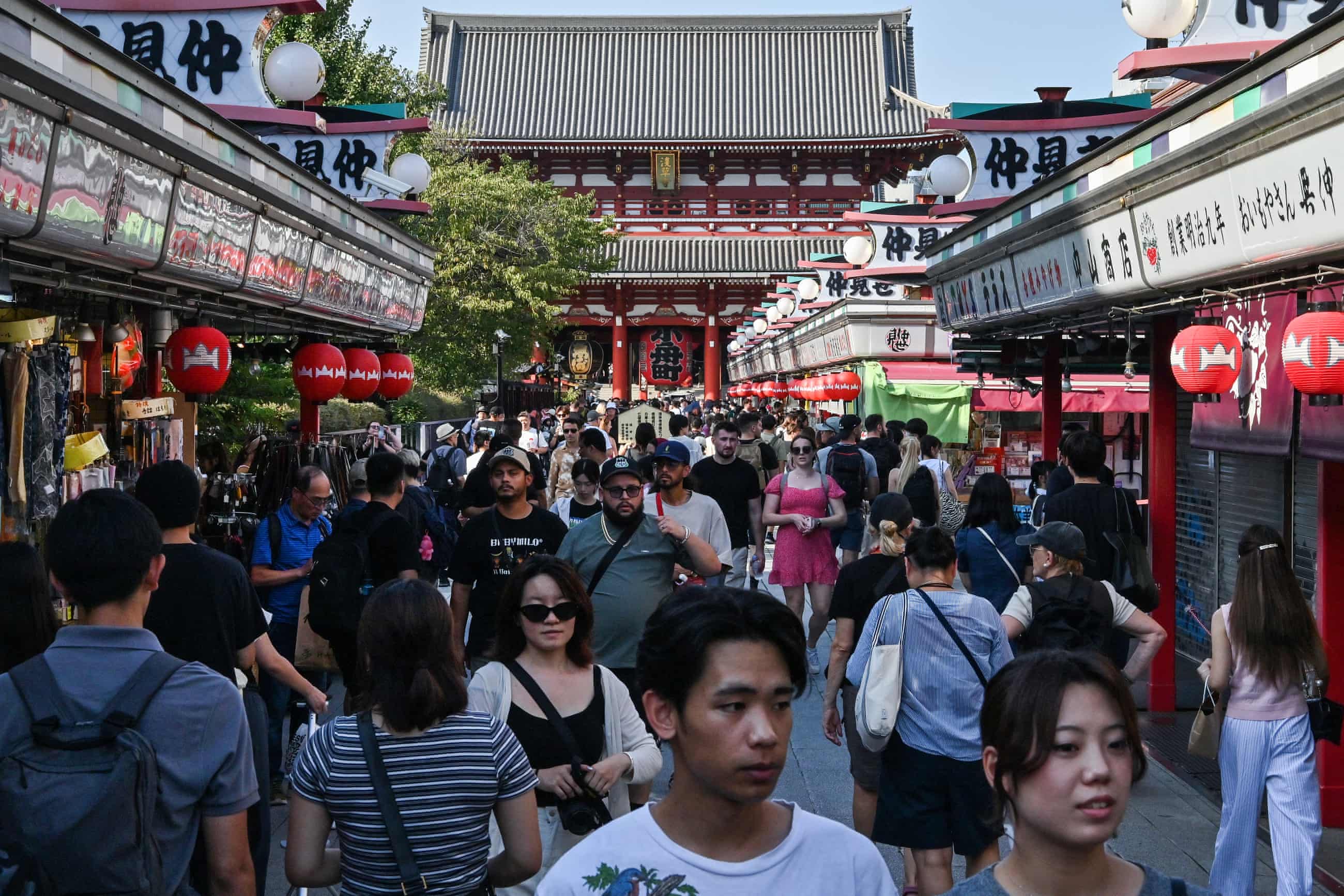
I would rather die than go back to Turkey,” says Ali*. “But life is also getting worse here. I can see that our Japanese neighbours are much cooler towards us these days. Some refuse even to greet us.”
More than a decade after he arrived in Japan with his wife and their two eldest children, Ali is fighting a battle on two fronts – a decision on his application for refugee status, and rising hostility towards his family and other members of the country’s Kurdish community.
“Our kids have been called names at school and other children refuse to play with them … I think it’s a reflection of the overall situation,” he says.
In July, Ali’s sons were playing in a park near their home in Kawaguchi, near Tokyo, when they were approached by a man. According to a statement Ali made to police, the man struck the younger child, a primary school pupil, in the face, knocking him to the ground. He then yelled in Japanese: “Foreigners, go back to your country!”
Weeks later, Ali confronted the man when he reappeared in the park, demanding to know why he had assaulted his son. The man denied he had deliberately harmed the child, but added: “If it wasn’t for the law, I’d kill you people.”
The alleged assault was the latest incident targeting Kurdish residents in the Tokyo commuter towns of Kawaguchi and neighbouring Warabi – where halal minimarts and kebab shops share space with convenience stores and ramen joints – turning them into the epicentre of a bitter debate over Japan’s growing foreign-born population.
The hostility towards migrant communities visible in the UK, Europe and the US appears to be spreading to Japan, whose foreign population stood at a record 3.8 million at the start of the year – although that is still just under 3% of the population. The National Institute of Population and Social Security Research predicts that the share could reach 10% by 2070.
Migration has joined the economy and the cost of living as a key election issue, and could help determine who wins next month’s election of a new president of the ruling Liberal Democratic party (LDP) – with the victor almost certain to become Japan’s next prime minister. After two bruising elections in the past year, the LDP has taken a tougher line on immigration, including a promise to achieve “zero illegal immigration” as well as capping new arrivals and ensuring better “social integration”.
‘They got along well for a long time’
Ali and his family are among a number of Kurds who have fled persecution in Turkey, Iran and other countries since the mid-1990s. Many settled in Kawaguchi and Warabi, where they initially mingled well with their Japanese neighbours.
“They got along well for a long time,” Vakkas Colak, secretary-general of the Japan Kurdish Cultural Association, said over lunch at a popular kebab restaurant in Warabi. “They organised fun activities and made an effort to learn about each other’s cultures.
“There were a few cultural differences to overcome, like separating rubbish for recycling – and people said we were noisy – but the local government was supportive and made an effort to make life easier for everyone, like publishing multilingual guides to garbage disposal.”
The atmosphere took a darker turn in 2023, when Japan’s government amended the immigration control law to allow authorities to deport migrantsawaiting decisions on their refugee applications provided it is their third attempt.
The legal change suggested that Japan had become a magnet for illegal immigrants, whose presence was leading to a rise in crime and antisocial behaviour – claims amplified on social media and in conservative newspapers.
It also coincided with a post-pandemic rise in the number of foreign workers arriving in Japan – mainly young men and women from other countries in Asia who are needed to fill a gaping hole in the workforce, as Japan confronts a future of seemingly irreversible population decline.
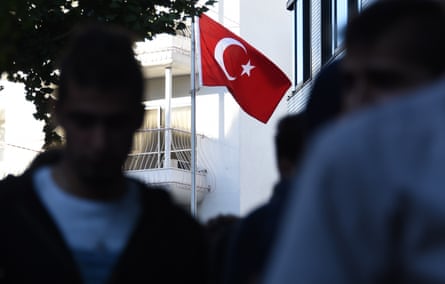
The rise in migration, which has transformed some regional towns, has also been seized on by the far right. Sparsely attended demonstrations by hate groups outside Warabi station drew many times more police officers, creating the impression, Colak said, that migrants were a genuine threat to the Japanese way of life. “With their allies in the media, they turned this into a public safety issue, but they made no effort to actually engage with us.”
The post-pandemic explosion in foreign tourism to Japan – a record 3.42 million people visited in August – has fuelled dystopian predictions that a “silent invasion” is under way.
This month, the government’s international cooperation agency scrapped a “hometown” partnership programme designed to foster closer ties between four Japanese cities and African countries following a xenophobic backlashfrom residents demanding to know if their communities were about to be overrun by guest workers from Mozambique, Nigeria, Ghana and Tanzania.
As of the end of December, about 7,700 Turkish residents were living legally in Japan, according to the justice ministry. However, an additional 1,372 Turkish nationals were staying illegally, prompting the justice minister to voice “grave concern” about the number.
‘Now it’s the Kurds, but it could be other groups next’
About 3,000 of Kawaguchi and Warabi’s combined 670,000 population are Kurds – a proportion large enough for online commenters to refer to it by the derogatory name “Warabistan”. Many of the men perform casual work in construction and demolition, while a smaller number work in the food service sector.
Abuse of the local Kurdish community has risen noticeably in recent months, said Tatsuhiro Nukui, who runs Zainichi Kurudojin to Tomoni – “together with Kurds in Japan” – an NGO that organises weekly Japanese-language classes taught by volunteers, medical consultations and cultural exchanges.
The catalyst was an incident in 2023, when a private row between two Kurdish men resulted in at least one stabbing and a brawl outside a local hospital.
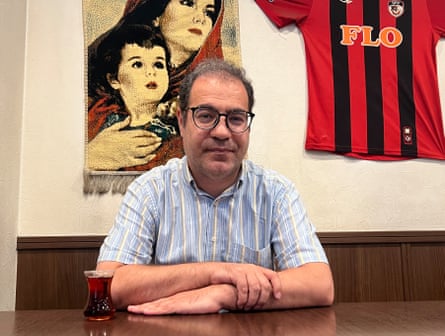
“It unleashed more hate,” said Nukui, whose organisation regularly receives voice messages from anonymous callers telling Kurdish migrants to “die” or “go home”.
Racist messages have been scribbled on Kurd-related businesses, while social media users take secret photos of foreign residents they then post online, wrongly accusing them of shoplifting. “YouTubers come her with one aim – to provoke people,” Nukui said. “The same things can happen to other foreign communities in Japan. Now it’s the Kurds, but it could be other groups next.”
Anti-discrimination activists have registered several minor victories. In November last year, a regional court imposed an indefinite ban on protests by hate groups in Kawaguchi, including the distribution of leaflets with “insulting or defamatory” messages.
Ali is waiting for a decision on his third application for refugee status, saying that he and his family could no longer live in safety in Turkey. Japan, though, has granted refugee status to only a single Kurdish migrant, and last year recognised just 190 refugees, most of them from Afghanistan.
The fact that his youngest son was born in Japan could help his cause, but he is unable to hide his anxiety.
For now, though, Ali, who filmed his verbal confrontation with his son’s alleged attacker on his smartphone, said his focus was on reassuring his traumatised 11-year-old. “His lip was bleeding after the attack, and he wakes up in the night convinced that the man is coming to kill him. All of my kids are too scared to go outside.”
[Source: The Guardian]


